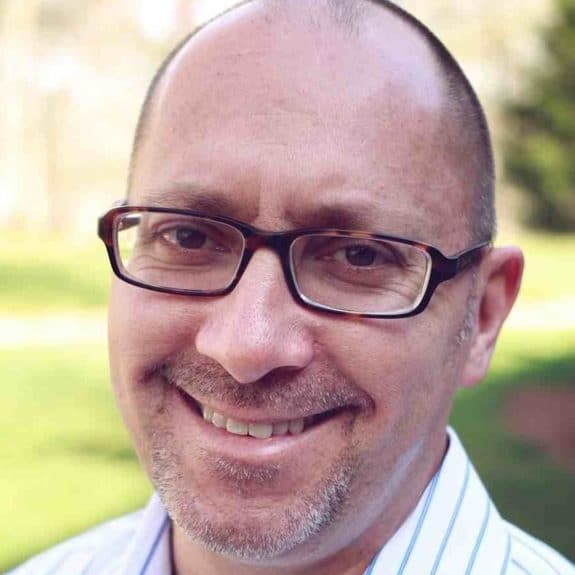E.W. McCall said he was thrilled to find a home in the Southern Baptists of Texas Convention after retiring to Texas following 37 years as a California pastor and a trailblazer among black Southern Baptists.
One of the founders of the National African American Fellowship of Southern Baptists, McCall has a fondness for the SBC’s theological fidelity and its missions funding mechanism—the Cooperative Program—which he says is a gift from God.
These days, McCall, as the African American ministry consultant to the SBTC, is busy spreading his message among fellow African American pastors: the SBTC is a family worth belonging to.
“One of my passions is to help African American pastors see the value of being a part of Southern Baptists,” McCall said. “Once you see the benefits, the added value to your ministry, the blessing of the Cooperative Program, you feel proud because you know you are a part of something great. I’ve lived it and experienced it myself.”
There is still much work to do in forging relationships between the Anglo-dominant denomination and the growing number of immigrant ethnic groups and African Americans in its midst, but progress continues to be made, he said.
Upon McCall’s arrival in 2010, he took on the role of facilitator for the SBTC’s African American Fellowship and has been working to tell the SBC story to his colleagues, some of whom were already in the convention—some dually aligned with National Baptists—but not engaged in the missions enterprise or familiar with the history or mechanics of the Cooperative Program.
The African American Fellowship, McCall explained, “adds greatly to the larger group of the SBTC. It gives connection to the larger body and the African American pastors feel they are a part of something bigger.”
Southern Baptists do a good job of helping pastors with retirement, affordable life insurance, and a safety net for those pastors who retire without means. Add to that training events and relationships that add value to one’s ministry and church, and it is a message well taken, he said.
“I’ve had numerous pastors tell me, ‘I just felt disconnected and the fellowship connects.”
McCall told of one pastor he knows of whose church had given almost nothing through the Cooperative Program until getting to know McCall and other pastors through the African American Fellowship. Today that church is actively giving through CP to support missions in Texas and worldwide, he said.
“Leaders like Terry Turner (state convention president) and Tony Mathews (fellowship vice president) have been invaluable in telling the story of who we are,” McCall said. “The fellowship brings people together and helps them know how to operate in the Southern Baptist Convention, which is a benefit to everyone.”
In California, where ethnic diversity ran ahead of the rest of the country years ago, ethnic representation on state convention boards and committees has long been present.
Within the SBTC, it is running ahead of the rest of the SBC’s core states, but more progress needs to be made, he said.
In certain areas of the state, particularly outside the large cities, it is important that churches do more than merely welcome all kinds of people into their congregations; they must make them feel wanted.
“There is a difference. You can welcome people but not want them,” he said, and that cuts across all people groups, social classes, and churches.
The election of Terry Turner as SBTC president was “huge,” McCall commented. The expected election of Fred Luter next month as the first African American SBC president is historic and will have national and international ramifications.
“It speaks loudly to those constituents in the field that this is a push toward inclusiveness,” McCall said.














